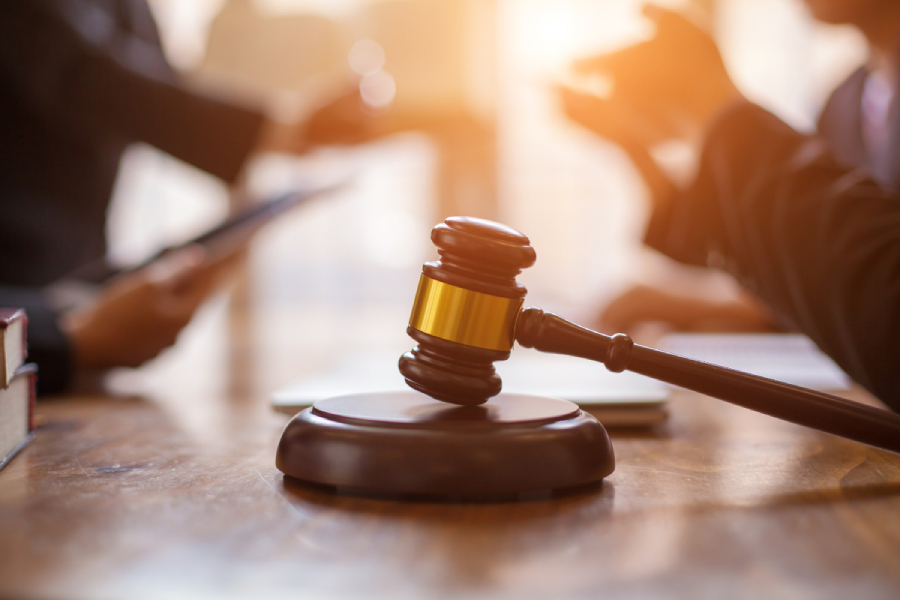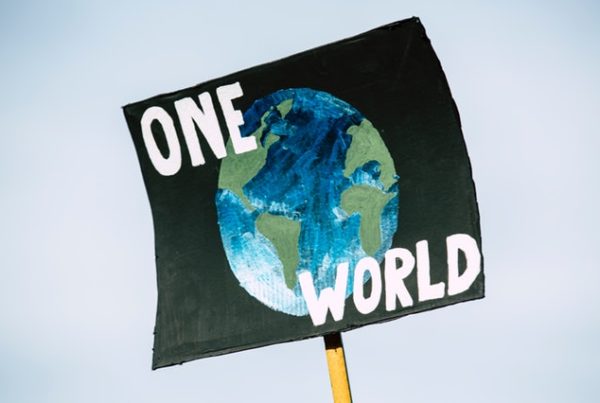Sexual abuse is one of the most painful and traumatic experiences a person can go through. It leaves emotional and psychological scars that can last a lifetime. Many survivors feel like they have nowhere to turn.
But the truth is, there are legal options out there that can help survivors seek justice, hold their abusers accountable, and take back control of their lives.
Experienced sexual abuse attorneys are the right people to turn to if you ever find yourself a victim of any form of sexual assault. Not only will they help you get justice and compensation, they will link you up with resources and organizations that are bound to help your mental state.
A good lawyer will not let you go until they are sure you are completely recovered in all aspects of your life.

What Are My Legal Options?
As a survivor of sexual abuse, you have several legal options available to you, including the following:
Criminal Charges
One of the biggest legal steps a survivor can take is filing criminal charges. This means going to the police and reporting what happened. Once a report is made, law enforcement will investigate, which could involve collecting evidence, interviewing witnesses, and even getting medical professionals involved to verify physical harm.
If there’s enough evidence, the case moves forward, and the perpetrator could be arrested and charged. If they’re found guilty in court, they could face prison time, probation, or fines. The goal here is to make sure the person who caused harm is held responsible and prevented from doing it again.
Civil Lawsuits
Civil lawsuits offer another route, one that focuses on getting compensation rather than punishment. In a civil lawsuit, a survivor can sue their abuser for damages, which means they could receive financial compensation for things like therapy, medical bills, lost wages, and emotional distress.
Sometimes institutions like schools, religious organizations, or employers can also be held accountable if they allowed the abuse to happen or failed to stop it when they should have.
The legal system recognizes that survivors often suffer in many ways beyond just the initial act of abuse, and civil lawsuits are one way to make sure they have the financial support they need to recover.
Institutional Accountability
Holding institutions accountable is a huge part of the fight against sexual abuse. Unfortunately, there have been too many cases where powerful organizations turned a blind eye to abuse or even actively covered it up.
Schools, churches, workplaces, anywhere people have power over others, can become environments where abuse happens if the right protections aren’t in place. That’s why some survivors choose to go after these institutions in court.
If they can prove that the institution failed to act or was negligent in preventing the abuse, they could win a settlement that not only helps them but also forces the institution to change its policies to protect others in the future.
Conclusion
At the end of the day, seeking justice is a personal decision, and there’s no right or wrong way to go about it. Some survivors find closure through the legal system, while others heal in different ways.
What matters most is that they know their rights and have the resources to make an informed decision about what’s best for them. No matter what path they choose, survivors deserve to be heard, believed, and supported as they take back their power and move forward with their lives.
You might also find our story on injury lawyers standard helpful.



